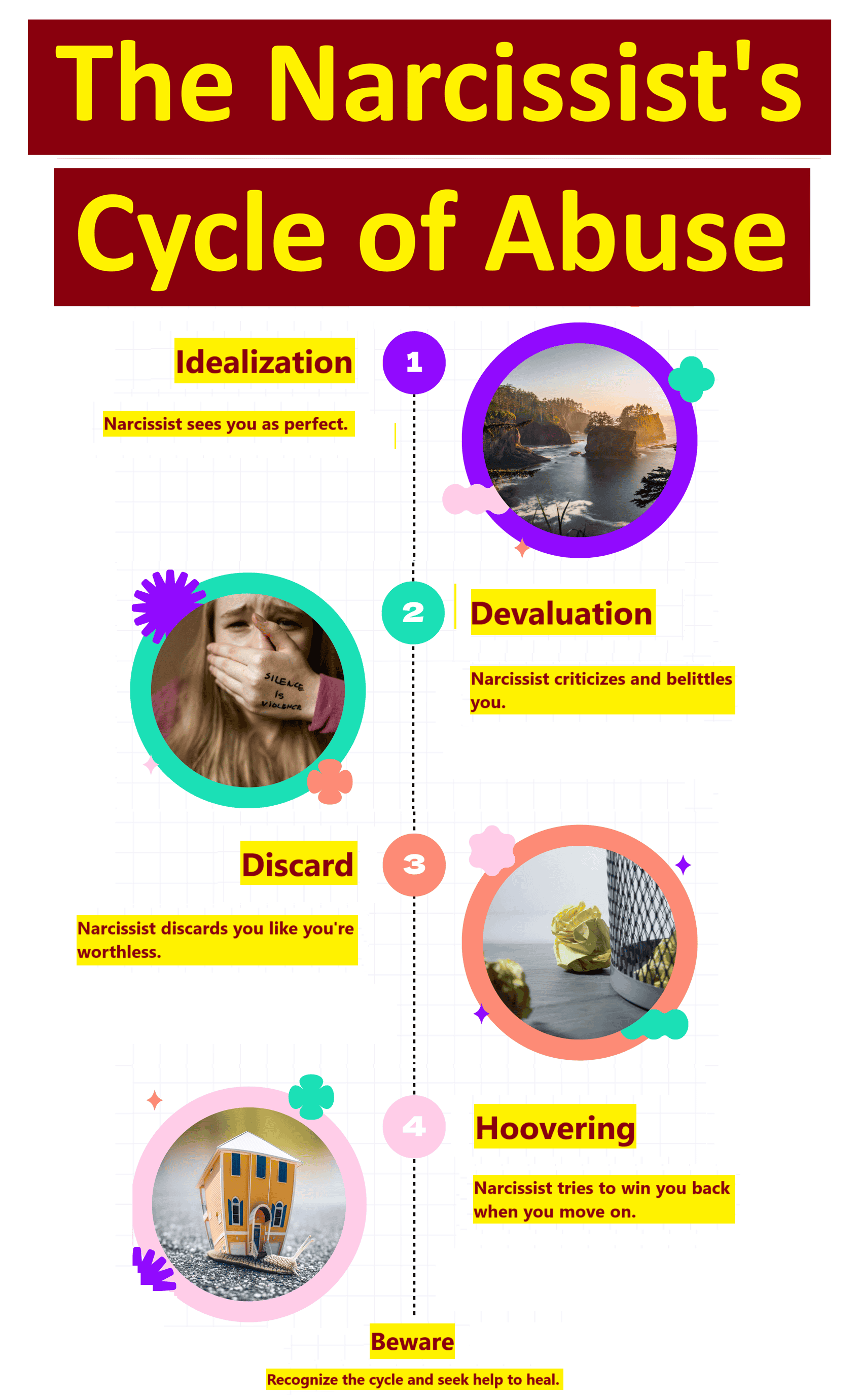Narcissists struggle in relationships due to their inability to empathize and need for control. They often engage in manipulative behaviors like gaslighting, making their partners doubt their reality.
This emotional exploitation creates a toxic environment where the narcissist maintains power.
Studies show that relationships with narcissists are often marked by conflict, instability, and emotional abuse.
Things a Narcissist Will Never Do For You
1. Offer Genuine Apologies
A narcissist never offers genuine apologies. Apologies require acknowledging faults and showing remorse. Narcissists, focused on their self-image, rarely admit mistakes.
Instead, they’ll deflect blame or offer insincere apologies to manipulate situations.
2. Show Deep Empathy
Narcissists never show deep empathy. Empathy involves understanding and sharing the feelings of others. Narcissists, lacking this trait, often appear indifferent to others’ emotions.
Their conversations usually revolve around their own experiences, dismissing your feelings.
3. Prioritize Your Needs
Narcissists never prioritize your needs. They’re preoccupied with their own desires and interests. Your needs come second, if acknowledged at all.
This self-centered behavior makes it challenging to have a balanced, fulfilling relationship.
4. Engage in Mutual Support
A narcissist never engages in mutual support. They expect unwavering support from you while offering little or none in return.
They rarely celebrate your achievements or stand by you in difficult times, focusing solely on their own gains.
5. Be Truly Vulnerable
Narcissists never allow themselves to be truly vulnerable. Vulnerability requires trust and openness, which narcissists find threatening to their inflated self-image.
They maintain a facade of invulnerability, avoiding any appearance of weakness.
6. Acknowledge Their Faults
Narcissists never acknowledge their faults. Admitting mistakes could damage their self-crafted image of perfection.
They often place blame on others or circumstances, preserving their self-esteem at the expense of honest self-reflection.
7. Celebrate Your Successes
A narcissist never sincerely celebrates your successes. Your achievements might trigger their jealousy or resentment.
They’ll downplay your accomplishments, shift focus back to themselves, or even take credit for your success to maintain superiority.
8. Give Without Expecting Something in Return
Narcissists never give without expecting something in return. Their actions are transactional, driven by the anticipation of reciprocal benefits.
Genuine acts of kindness are rare since their generosity is often a strategic move rather than altruism.
9. Fully Commit to Relationship Equality
Narcissists never fully commit to relationship equality. They strive for control and dominance in relationships.
True partnership implies shared power and mutual respect, both of which threaten the narcissist’s need for superiority.
These nine aspects shed light on the elusive traits of narcissists, making it easier to understand their behavior and its impact on relationships. Recognizing these patterns helps you navigate interactions with narcissists more effectively.
Managing Relationships With Narcissists
Navigating relationships with narcissists necessitates strategic approaches to protect your well-being and emotional health.
Setting Healthy Boundaries
Establishing clear boundaries is crucial in managing relationships with narcissists. Clearly define what behaviors you will accept and what behaviors are unacceptable.
Use assertive communication to enforce these boundaries, avoiding aggressive or passive tones. Reinforce these limits consistently, as narcissists often test boundaries to regain control.
Knowing When to Seek Help
Recognizing when professional help is needed can make a significant difference. Consult mental health professionals familiar with Narcissistic Personality Disorder (NPD) and its impact on relationships.
Seek guidance from support groups that specialize in dealing with narcissistic abuse. Understanding that seeking help isn’t a sign of weakness but a necessary step for self-care is essential.
Reaching out early can prevent further emotional distress and provide strategies for coping.
Final Thoughts
Navigating relationships with narcissists is challenging but understanding their behaviors and limitations can make a significant difference. By recognizing what they won’t do and setting firm boundaries, you can protect your emotional well-being.
Assertive communication is key, and don’t hesitate to seek professional help if needed. Your mental health is paramount, and being informed empowers you to handle these complex relationships more effectively.





